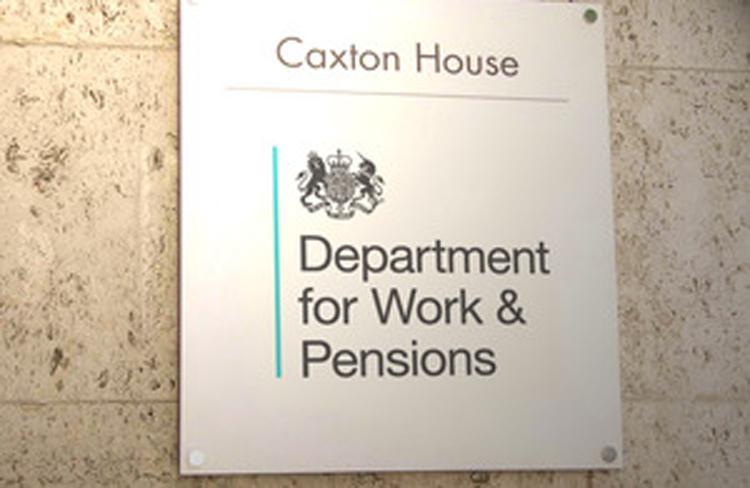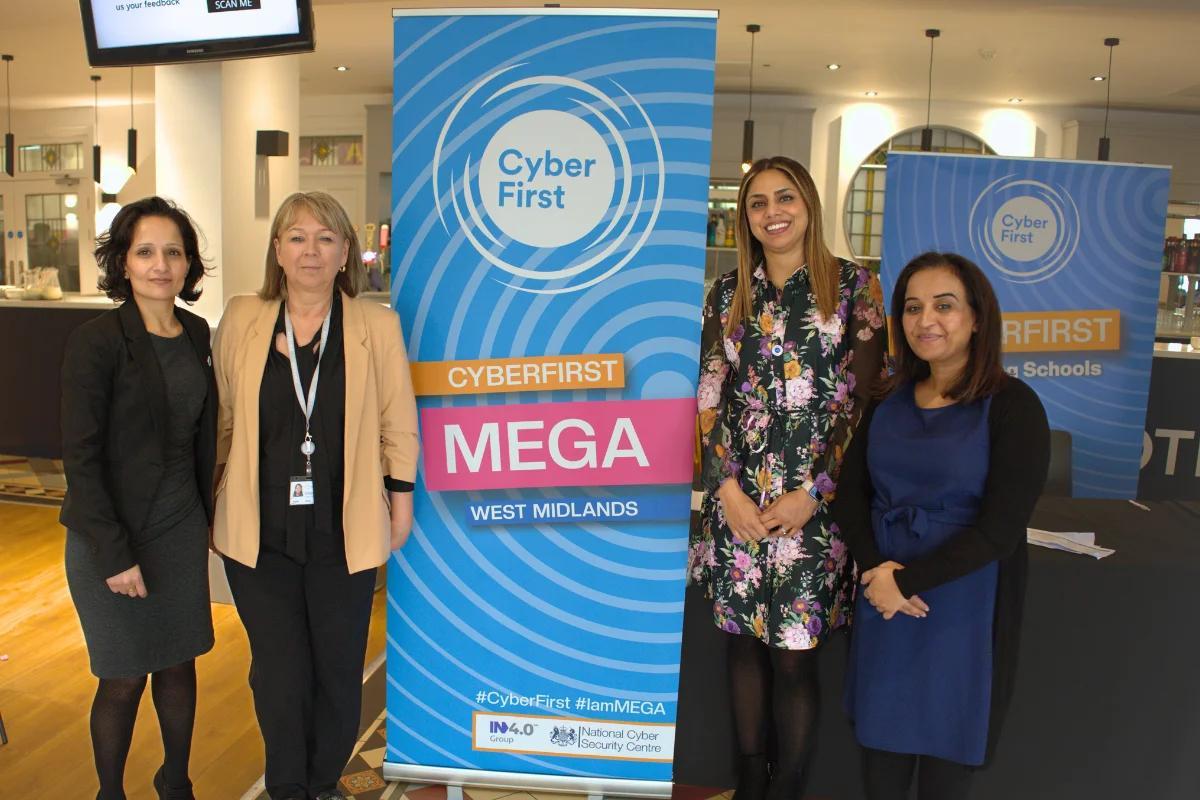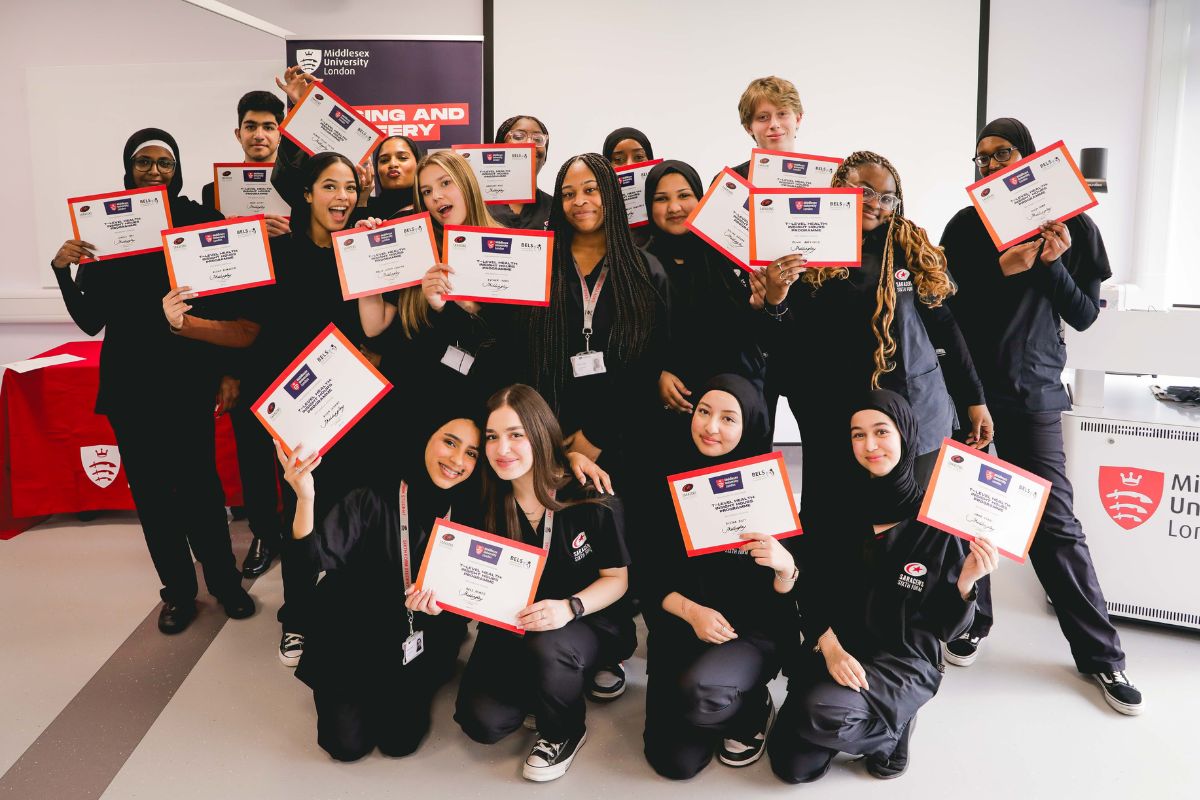CLOSED: Digital Skills for the Employed – IP2.1 call in the D2N2 LEP area (OC08S19P1391)

Call to run a project to develop and deliver digital skills training (including Creative and Digital Media skills) to employed individuals in SMEs across key sectors within the D2N2 LEP area.
This call is now closed. Please do not submit an application for this call. The information provided on this page is for reference purposes only.
Details
This call will support our businesses to access the skills they need for productivity growth by providing employees with the skills to adapt to the digitalisation of the workplace and better engage with the knowledge and assets in our higher and further educational institutions and increase the take up of apprenticeships, particularly at higher and graduate levels.
Activities within this priority will ensure a joined-up pipeline for digital skills to meet the needs of businesses and citizens across the breadth of digital skills including;
-
Basic skills- ensuring everyone has basic digital capability so that no one is excluded from opportunities because of a lack of skills and can operate in the digital society and economy.
-
Inclusion – ensuring individuals who have basic digital skills but lack the confidence and knowledge to make the most of the digital economy can be given the skills support they need
-
Advanced – ensure D2N2 develops, attracts and retains the talent needed for higher skilled roles to support the use of digital technologies to drive up business productivity.
The services must deliver highly responsive skills provision to meet business and industry needs. Employers must be engaged to shape and direct the services. In D2N2, the services must be aligned with the European Regional Development Fund (ERDF) projects Digital Business Growth Programme and D2N2 Growth Hub which aim to develop ICT products and services, ecommerce, enhancing demand for ICT, supporting the capacity of SMEs to grow in regional, national and international markets and to engage in innovation processes and maximise SME competitiveness through increased uptake of superfast broadband and more efficient use of digital technologies.
Interventions
Activities undertaken by projects must primarily focus on support to individual participants and be responsive to address individual needs. Activities should address some or all of the following;
-
Practical support through coaching, advice, consultancy and mentoring to individuals seeking to improve digital skills in order to support SMEs utilise digital technologies to improve their productivity and competitiveness
-
Assessment of the current skills profile of the individual, with a bespoke training plan which relates to the sector in which they are employed, and the employer’s ICT needs and develop the appropriate training option or provide access to it
-
Drive up skills levels, focusing on the skills being sought by employers
-
Deliver skills provision which offers both accredited and non-accredited skills training which is innovative, responsive to local skills needs. Provision will normally be accredited but where suitable accredited provision does not exist, bespoke packages may be delivered (applicants will need to evidence qualifications delivered are full or units of level 2 or 3, as identified on the learning aims hub, to meet required outputs)
-
Encouraging more women to engage in Digital Skills and help address the gender employment and wage gap
-
Close partnership working with established training providers, business support providers and networks particularly the D2N2 Growth Hub Service
-
Applicants are encouraged to develop innovative approaches, backed by evidence, to support the value of the proposed activities, the effectiveness of the proposed delivery approach and the rationale for specific targeting.
Outcomes
Some of the outcomes expected will be:
-
Broker opportunities with local SMES and employers in targeted priority and growth sectors to support existing employees as well as new staff to access additional qualifications in digital skills through the form of NVQs, work experience, internships etc.
-
Accredited units of learning at Level 2 or 3 and above may be funded where these do not lead to a full qualification.
-
Work related learning and experience, developed and delivered in partnership with employers
-
Increase participation in traineeships and apprenticeships as well as opportunities to link learning to work experience. Exploring and secure progression opportunities
-
Work with colleges and independent training providers to revise provision to meet the future needs of SMEs in the Digital Age
-
Foster an aspirational, digital and enterprising culture in SMEs
-
This section should set out what type of projects/project activities this call is seeking to address the local needs set out in the ‘Local Priorities’ section above, written from the perspective of the ESF Managing Authority – for example: “Through this call the Managing Authority is seeking project(s) to deliver…
-
The activities and types of projects being sought need to be checked against the overall Eligibility Criteria for the ESF Programme and also aligned with the relevant Investment Priority as described in the ESF Operational Programme. Depending on what the activity is – it may be necessary to gain advice on whether the activity is eligible e.g. contacting the appropriate body – BEIS for example regarding Apprenticeships. It needs to be clear what activities the applicant is being asked to deliver and cross checking with the OP to see if there are any verbs which could be swapped out in the Call to more closely align to the OP wording without fundamentally changing the focus of the Call.
-
There is no longer a requirement to publish separate calls for each Investment Priority where calls have linked or complimentary ESF activities. If a dual IP call is more appropriate, the call should clearly articulate what activity falls under each IP and ask applicants to ensure they do the same in their applications form. The call should also make it clear whether applicants can apply for one IP or whether all applications need to cover both IPs.
-
Try to limit text to a maximum of 4 paragraphs or equivalent bullet points so it’s easily read and understood by target audience.
-
The Call needs to be specific around proposed activities, to ensure eligibility e.g. reference to food banks – is this supporting food banks (ineligible), or to identify participants to be referred at food banks (eligible)? LEP Leads need to consider all proposed activities in the Call. However, this is an example only and the LEP lead needs to apply a degree of pragmatism.
-
Where appropriate provide a narrative in your covering email to the moderator to demonstrate the clear justification for the activities, or why an exemption is appropriate e.g. High level skills, ILMs etc.
-
Encourage the use of plain English without jargon, which potential Grant Recipients will be able to understand
For more information, download the call specification.
Location
The project must cover the D2N2 LEP area.
Value
Approximately £2,000,000 of ESF is available.
Deadlines
Full application deadline: 18 July 2019
Completion date
The project must be completed no later than 3 years and 6 months after the proposed start date.
How to apply
To apply for funding under this call you will need to complete and send the Full Application form to the email address provided in the call document. The guidance provides information to help you complete the form.
You are also advised to read the details in the call documents in order to produce an application that complies with the requirements and meets the needs set out in the Operational Programme. All this information, the related guidance and the European Social Fund Operational Programme can be found from our homepage.
Where to send completed applications
Completed Full Applications must be submitted to [email protected]
Failure to send completed applications to this email address by the deadline in the call specification will be ineligible for consideration.
Contact details
Contact [email protected] with queries linked to accessing or using the specification, forms, guidance etc.
No applications are to be sent to this email address. Completed applications must be sent to the email address provided in the ‘Where to send completed applications’ section above / Section 9 of the Call Specification.
Published 25 April 2019
Last updated 22 July 2019 + show all updates
- Digital Skills for the Employed – IP2.1 call in the D2N2 LEP area (OC08S19P1391) is now closed.
- First published.












Responses